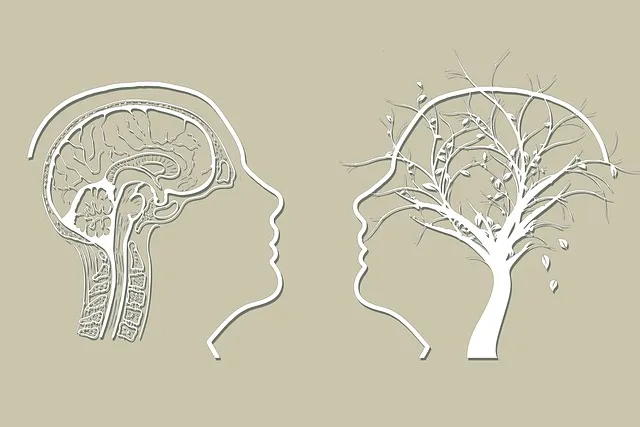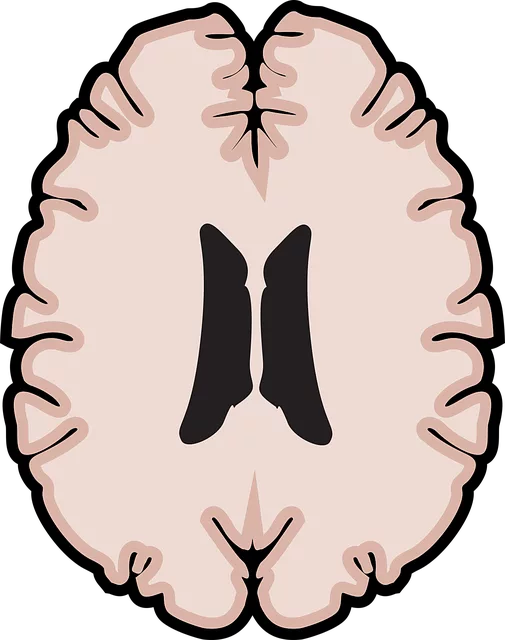Lakewood Kaiser Permanente psychiatry prioritizes patient care through the RFM (Risk, Functioning, Motivation) framework. They utilize structured approaches like Risk Management Planning and Stress Reduction methods, including mindfulness and cognitive-behavioral therapy, to identify at-risk patients and tailor interventions. Resilience-building exercises are a core strategy, addressing challenges like burnout prevention and cultural sensitivity through empathetic coping strategies, emotional awareness, and effective communication. Comprehensive programs for both patients and healthcare providers enhance support networks, revolutionizing the patient experience and significantly improving mental health outcomes.
Resilience, a key factor in mental health and well-being, is increasingly recognized as essential in clinical settings. This article explores the powerful combination of RFM (Resilience, Flexibility, and Mastery) and resilience-building exercises, focusing on their implementation at Lakewood Kaiser Permanente Psychiatry. We delve into how these practices enhance patient coping mechanisms, improve outcomes, and foster a more adaptive and resilient mindset, ultimately contributing to the success of mental health care strategies.
- Understanding RFM and its Significance in Mental Health Care
- The Role of Resilience Building Exercises at Lakewood Kaiser Permanente Psychiatry
- Effective Implementation Strategies for Enhancing Patient Resilience
Understanding RFM and its Significance in Mental Health Care

At Lakewood Kaiser Permanente psychiatry, understanding RFM (Risk, Functioning, and Motivation) is paramount in mental health care. This framework provides a structured approach to assessing and enhancing patient outcomes by identifying individuals at risk of exacerbating mental health conditions and those who may struggle with adherence to treatment plans. By integrating RFM into clinical practice, healthcare professionals can tailor interventions and support strategies that address the unique needs of each patient.
Risk Management Planning for Mental Health Professionals is a key component of this approach, focusing on proactive measures to mitigate potential risks and promote positive functioning. Stress Reduction Methods, such as mindfulness and cognitive-behavioral therapy, are also integral parts of the RFM model, helping patients develop coping mechanisms to navigate stressful situations effectively. Moreover, regular Risk Assessment for Mental Health Professionals ensures that treatment strategies remain aligned with evolving patient needs, fostering a resilient and supportive care environment.
The Role of Resilience Building Exercises at Lakewood Kaiser Permanente Psychiatry

At Lakewood Kaiser Permanente Psychiatry, resilience-building exercises play a pivotal role in fostering mental well-being and enhancing patient outcomes. In today’s fast-paced world, healthcare professionals face numerous challenges, including burnout prevention and maintaining cultural sensitivity in mental healthcare practice. Resilience training offers a unique solution to these pressing issues. By incorporating exercises that promote empathy building strategies, the psychiatric team at Lakewood Kaiser Permanente equips individuals with powerful tools to navigate life’s difficulties.
These exercises are meticulously designed to strengthen patients’ ability to cope with stress, adversity, and trauma, thereby improving their overall resilience. Through engaging in activities that encourage emotional awareness and effective communication, patients develop a deeper sense of self-compassion and empathy towards others. This holistic approach not only supports individual growth but also contributes to creating a more supportive and connected community within the healthcare setting, reflecting the values of Lakewood Kaiser Permanente Psychiatry.
Effective Implementation Strategies for Enhancing Patient Resilience

Building resilience is a critical aspect of mental health care, and effective implementation strategies can significantly enhance patient outcomes at Lakewood Kaiser Permanente psychiatry. One key approach involves integrating resilience-focused exercises into treatment plans. These exercises should be tailored to individual needs, offering personalized strategies for coping with stress and adversity. For instance, cognitive-behavioral therapy techniques teach patients to challenge negative thought patterns and replace them with more adaptive ones, fostering a sense of control over their mental well-being.
Additionally, the design of Mental Health Education Programs can play a pivotal role in boosting resilience. Engaging workshops and group sessions that focus on burnout prevention strategies for healthcare providers can indirectly support patient resilience by ensuring caregivers are equipped to handle stress effectively. Social Skills Training is another powerful tool; it empowers patients with communication and interaction skills, enabling them to build supportive networks crucial for resilience. These comprehensive strategies, when implemented coherently, can revolutionize the patient experience at Lakewood Kaiser Permanente psychiatry, ultimately enhancing overall mental health outcomes.
Resilience is a powerful tool in mental health care, and RFM (Resource, Fortitude, and Mastery) offers a structured approach to building it. The implementation of resilience-focused exercises at Lakewood Kaiser Permanente Psychiatry has shown promising results, empowering patients to navigate life’s challenges with greater ease. By integrating these strategies into treatment plans, healthcare professionals can significantly enhance patient outcomes. This article highlights the importance of RFM and provides practical insights for clinicians, offering a path to improve mental well-being and foster resilience in a supportive environment like Lakewood Kaiser Permanente psychiatry.






